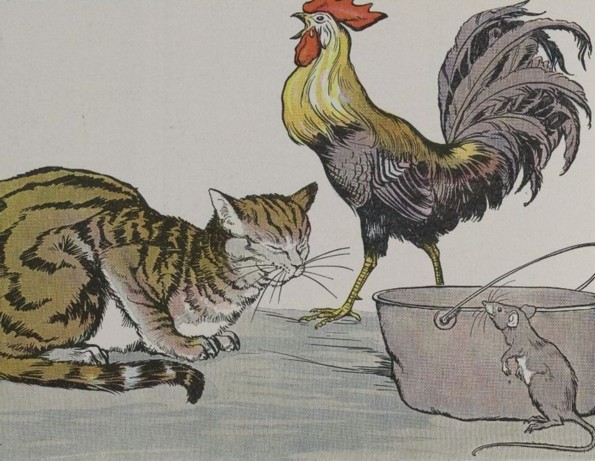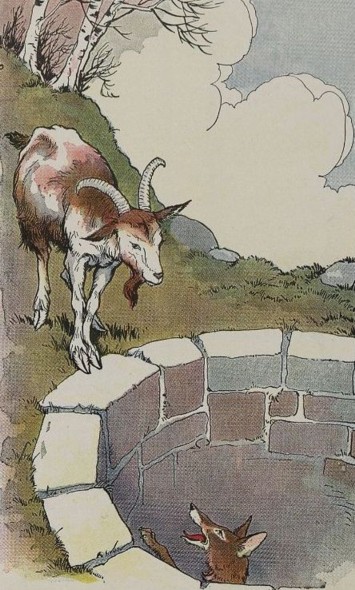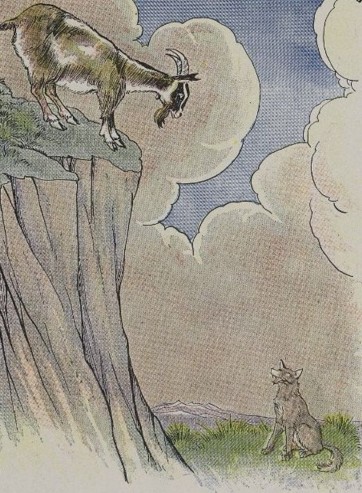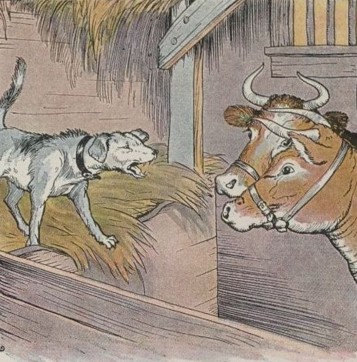| 1. bake 焼く | |
| 2. cousin いとこ | |
| 3. pie パイ |

Emma, how’s it going?
|
|
Hi, Ron. I just finished baking!
|

What did you bake?
|
|
Cheesecake!
|

Wow! Can I have some?
|
|
Sorry, I already gave it to my cousin. She ate the cheesecake that I made.
|

That’s okay! Do you want to share the pie that I bought?
|
|
Wow! The pie that everyone talks about. I would love to!
|

Emma, how’s it going?
|
|
Hi, Ron. I just finished baking!
|

What did you bake?
|
|
Cheesecake!
|

Wow! Can I have some?
|
|
Sorry, I already gave it to my cousin. She ate _____________________.
|

That’s okay! Do you want to share _____________?
|
|
Wow! ___________________. I would love to!
|
| 1. | A: Do you want to visit the cake store? B: Yes, I want to buy a ______. |
| 2. | A: Did she eat the cheesecake that I cooked? B: No, _____________________________. |
| 3. | A: What did __________________________? B: I brought the cake that you like. |
| 4. | A: Did he ______ anything that tasted sweet? B: No, he ordered the coffee that tasted strong. |
| 5. | A: Did she ___________________________? B: Yes, she chose the dress that looked cute. |
| 6. | A: Should we ___________________________? B: Yes, let’s listen to a song that grandfather knows. |
| Grammar 文法 |
Pronunciation 発音 | Vocabulary 単語 |
Comprehension 理解 |
|
|---|---|---|---|---|
 GOOD GOOD |
文法の誤りはほとんどなく、完全な文章で話すことができる | ほとんどの単語をはっきりと正しく発音することができる | 習った表現を適切に使うことができる | 文章を理解し、質問に正しく答えることができる |
 FAIR |
文法の誤りはあるが、完全な文章で話すことができる | 発音の練習が必要な言葉がいくつかある | たまにミスはあるが、習った表現を適切に使うことができる | 文章を完全に理解するのは難しく、質問に正しく答えられないときもある |
 POOR |
文章で話すのは難しく、単語だけで話すことができる | 発音の練習が必要である | 習った単語と表現を少しだけ使うことができる | 文章を理解するのは難しく、質問に答えるのは難しい |






